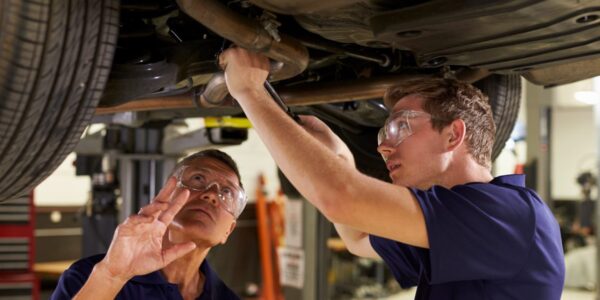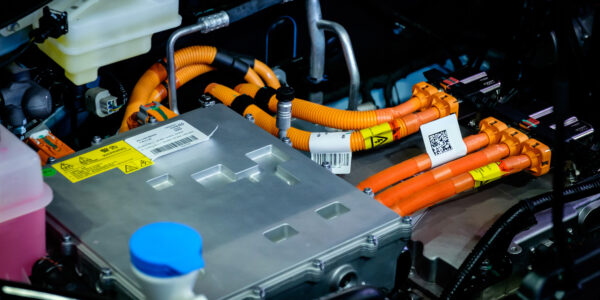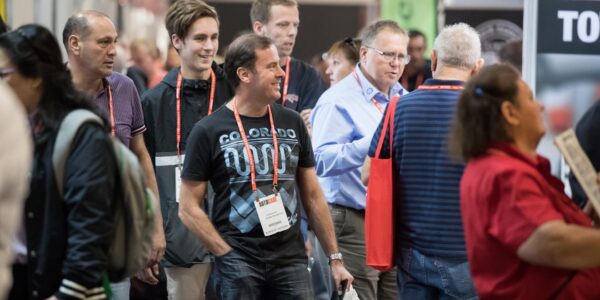Autocare panel discusses why workshops must be ready for the day that the first EV shows up for repairs – or risk losing that customer forever
- PostedPublished 26 July 2023
Having a plan for when the first electric vehicle customer arrives at your workshop will be crucial to retain their ongoing business, as well as that of their family and friends, according to the panellists at the recent Autocare convention in Brisbane.
Even if electric vehicles currently make up a small portion of a workshop’s customers, not having a plan for servicing those vehicles risks losing not only that initial customer, but potentially future EV customers.
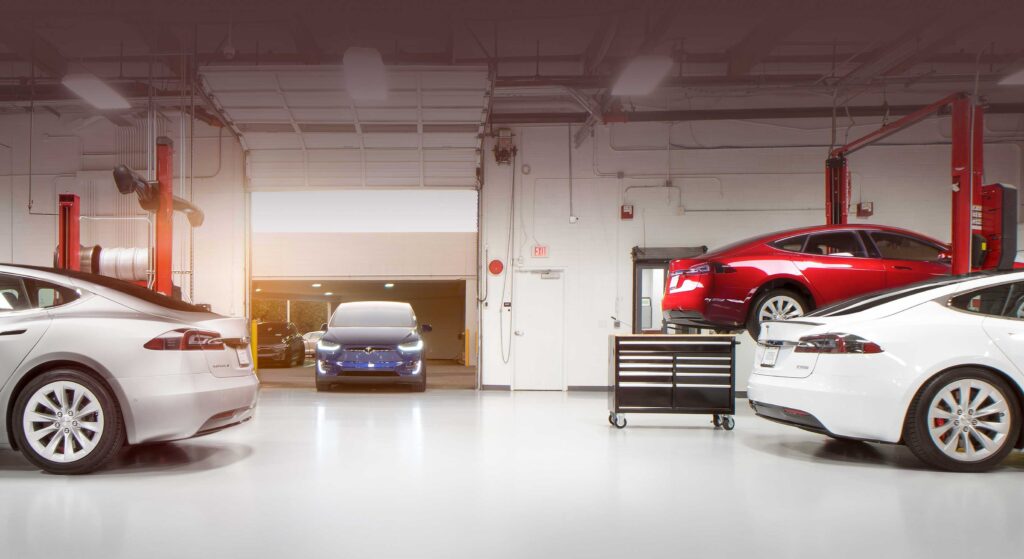
This scenario is just one example of the challenges facing independent automotive workshops as Australasia transitions to electrified road transport.
For all the hurdles associated with adapting to rapidly changing vehicle technology, electrified vehicles also present opportunities if workshops embrace change, according to industry leaders as the Autocare panel session entitled The Australian Automotive Aftermarket – 2023 and Beyond.
The panellists agreed that skills development, collaboration and a customer-centric approach will help independent workshops thrive by adapting to new opportunities in a changing industry.
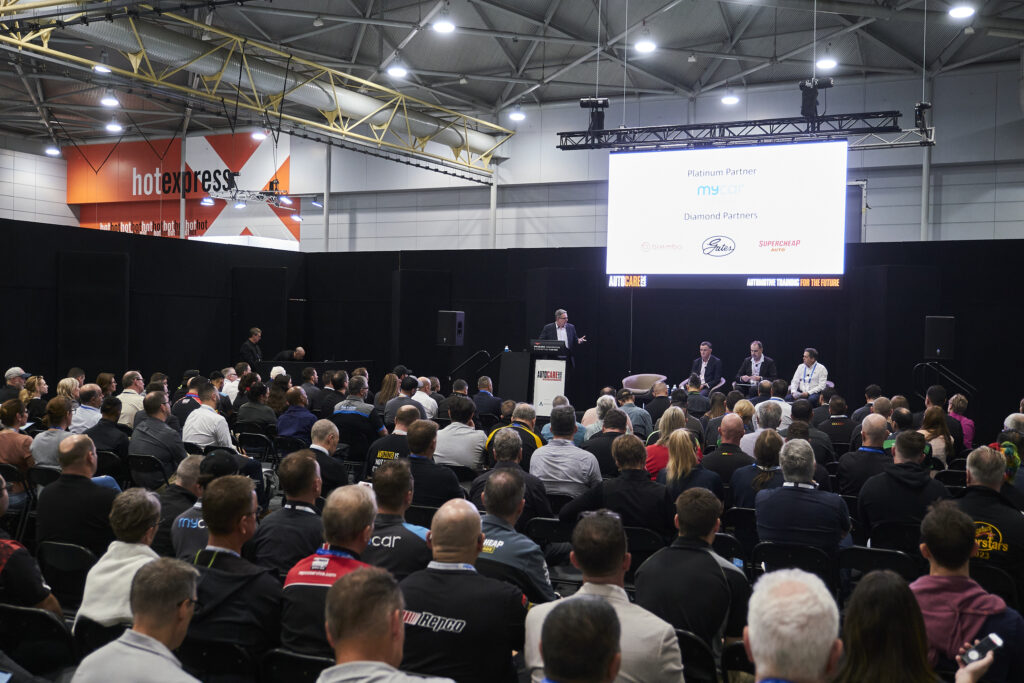
Capricorn Society group CEO David Fraser pointed out that the automotive service and repair industry’s ability to adapt over the past 100 years or so shows that workshops can and will cope with future challenges.
Mr Fraser expected “a degree of specialisation” as technology advances, meaning workshops will need to form networks to share knowledge and refer work they cannot handle.
“You need to draw those friendships, those networks, you need to share more stories with each other,” he said.
Similar to the early days of VASA, before a lot of general workshops started to absorb previously specialist work such as air-conditioning, electrical and so-on, Mr Fraser predicted a return to specialisation in specific types of work or brands.
He did, however, emphasise that workshops will still need networks within their local areas, especially for complex jobs like replacing electric vehicle batteries.
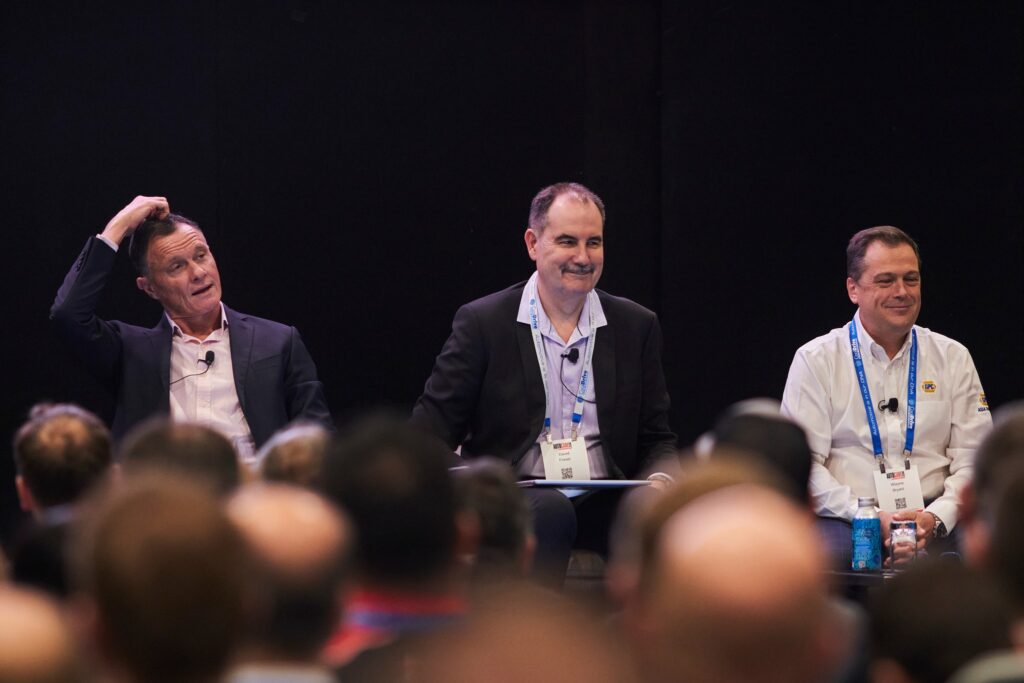
GPC Asia Pacific automotive division CEO Wayne Bryant agreed that specialisation will increase but said data, technology and remote diagnostics will play a bigger role.
“We need to learn to continue to study that, learn about that, embrace that,” he said, adding that role of data and technology to assist technicians, as well as remote diagnostic services from elsewhere in Australia or the world, will become more important.
Interestingly, Mr Bryant revealed findings from GPC research that contradicted scare stories about dramatic drops in workshop revenue when servicing and repairing electric vehicles compared to their internal combustion counterparts.
He said the impact on parts and labour revenue from electric vehicles was around a 30 per cent drop compared to internal combustion engine vehicles but that while labour hours may be 30-50 per cent lower, the value of that labour can be higher due to the complexity of the work and the value of replacement parts is also higher.
There will also be new service tasks that provide additional revenue, but panellists agreed that electric vehicles are still too new and evolving too rapidly for there to be accurate data about how they age, and their true impact on parts and labour.
Mr Fraser said people he had spoken to overseas mentioned potential losses of revenue in the range of 25 to 40 per cent, but that data so far lacks detail at the workshop level.
He also noted that conditions in countries like the UK and Nordic nations – where electrified vehicle uptake has been larger for longer – there is more data with the caveat that these markets are different from Australasia, so the impact may not be the same here.
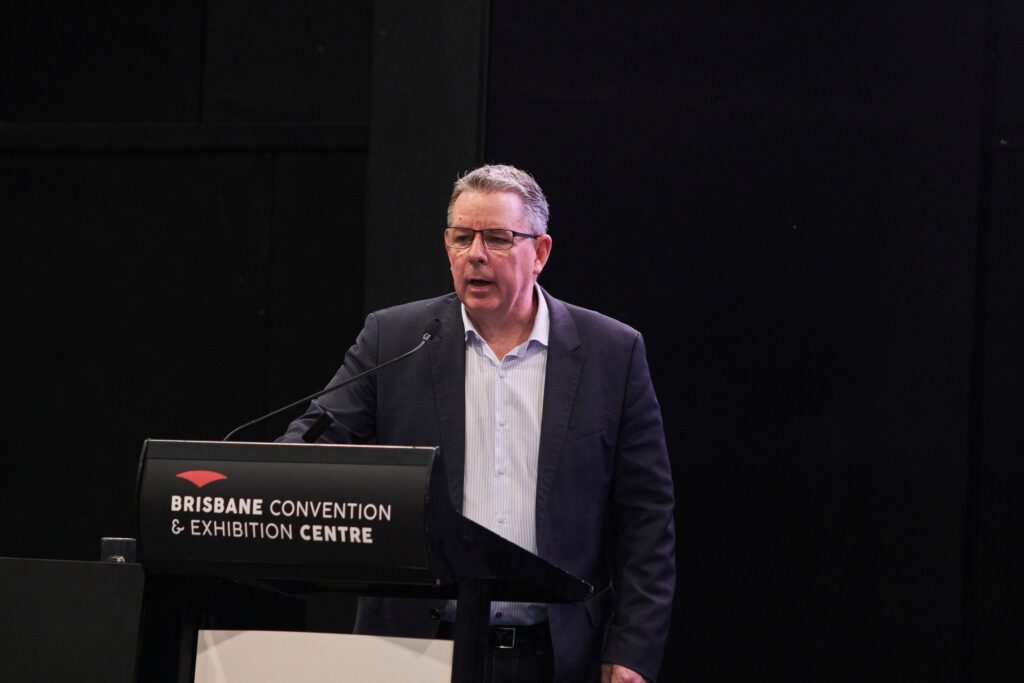
As a result, Australia still has much to learn about how electric vehicles age and their impact on parts and labour over time.
If the predicted shift to mobility as a service, ride sharing and new ownership models such as subscriptions take off, Mr Fraser said more vehicles will cover greater kilometres, leading to extra service and repair requirements.
MTAQ CEO Rod Camm said the industry needs to plan for the transition to electric vehicles, which he described as an “exciting opportunity”.
However, he warned that around 20 per cent of small businesses could be at risk if they do not invest in skills and infrastructure for EVs.
The panellists agreed workshops must start planning now for the transition, even if they do not immediately need to invest. They recommended that workshops develop transition plans to determine their niche and strengths as they adapt to the changing market.
Another strong theme of the panel session was that mandatory data sharing will be “mission critical” to servicing electrified vehicles.
Mr Fraser said collaboration will increase, noting that Australasia has more vehicle models than anywhere else and Mr Bryant stressed that industry support will be needed to make data sharing schemes successful.
On skills and training, Mr Camm said the apprenticeship model has worked for a long time but workshops need “top-up skills” in order to keep up with new technologies.
He recommended “microcredentials” and masterclasses to supplement apprenticeships, as well as for more experienced technicians.
Mr Fraser added that attracting talent will require promoting opportunities in the industry for careers involving technology, data and green energy.
On that note, Mr Bryant said diversity will be key to attracting talent, with only two per cent of automotive technicians currently female.
He encouraged the entire automotive industry to work together on improving its image and to highlight opportunities in the sector.
Looking ahead to 2030, Mr Camm predicted workshops that embrace technology, connect with customers and have a social and environmental conscience will succeed.
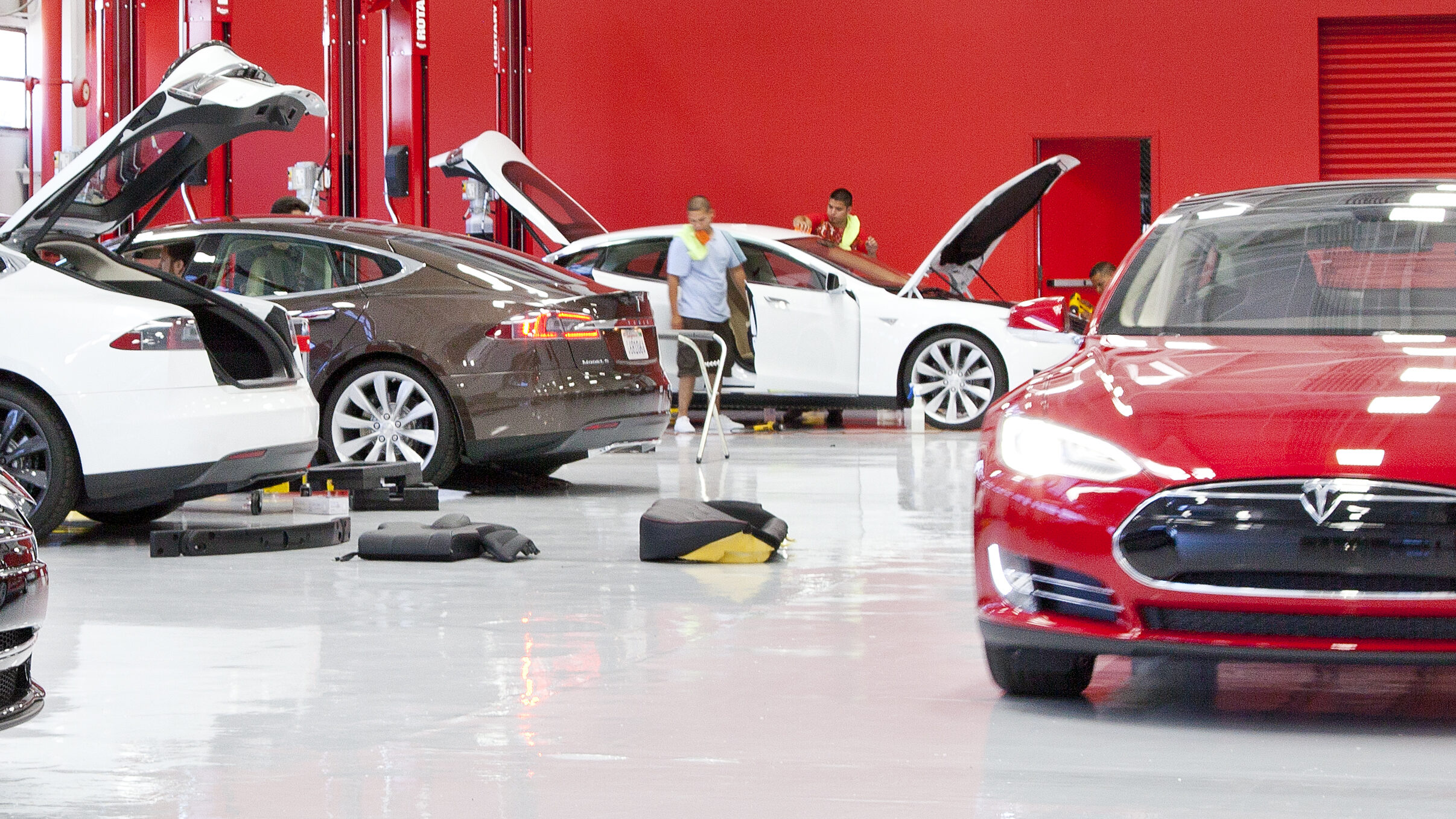
Mr Fraser said the industry’s ability to adapt during the past century shows it can cope with challenges, primarily through learning and networking.
”It’s key. It’s understanding what’s going on. It’s understanding how it impacts your business,” he said.
While rapid technological change presents challenges, it was encouraging that all panellists believed that independent workshops which embrace new opportunities through skills development, collaboration and a customer-centric approach can thrive through the coming electrification shift.
In his closing remarks, panel facilitator and CEO the Australian Automotive Aftermarket Association that organised the Autocare event, Stuart Charity, said the automotive repair and service sector has “seen so much technology come and go or stay with us and we’ve been able to adapt to all of it”.
“I don’t see any reason why we can’t prevail.”
Mr Charity added that attending training and networking events such as Autocare “really shows that you’re serious about transforming your business and adapting it to cope with the exciting future that we’ve got ahead of us”.
Autocare event a success
Thousands of technicians, apprentices and workshop managers from across Australasia travelled to the Brisbane Convention and Exhibition Centre for Autocare, which had been postponed twice due to the COVID-19 pandemic.

“Autocare has been a resounding success, and is a testament to our incredible industry, said Mr Charity.
“The event was buzzing, there was a positive atmosphere and it was so great to see everyone come together and celebrate our industry.
“The success of Autocare has shown the important role the event has to promote and foster the future of our most valuable resource, our people.”
- CategoriesIn SightGlass
- Tagselectric vehicles, EV, SightGlass News Issue 29, Training


